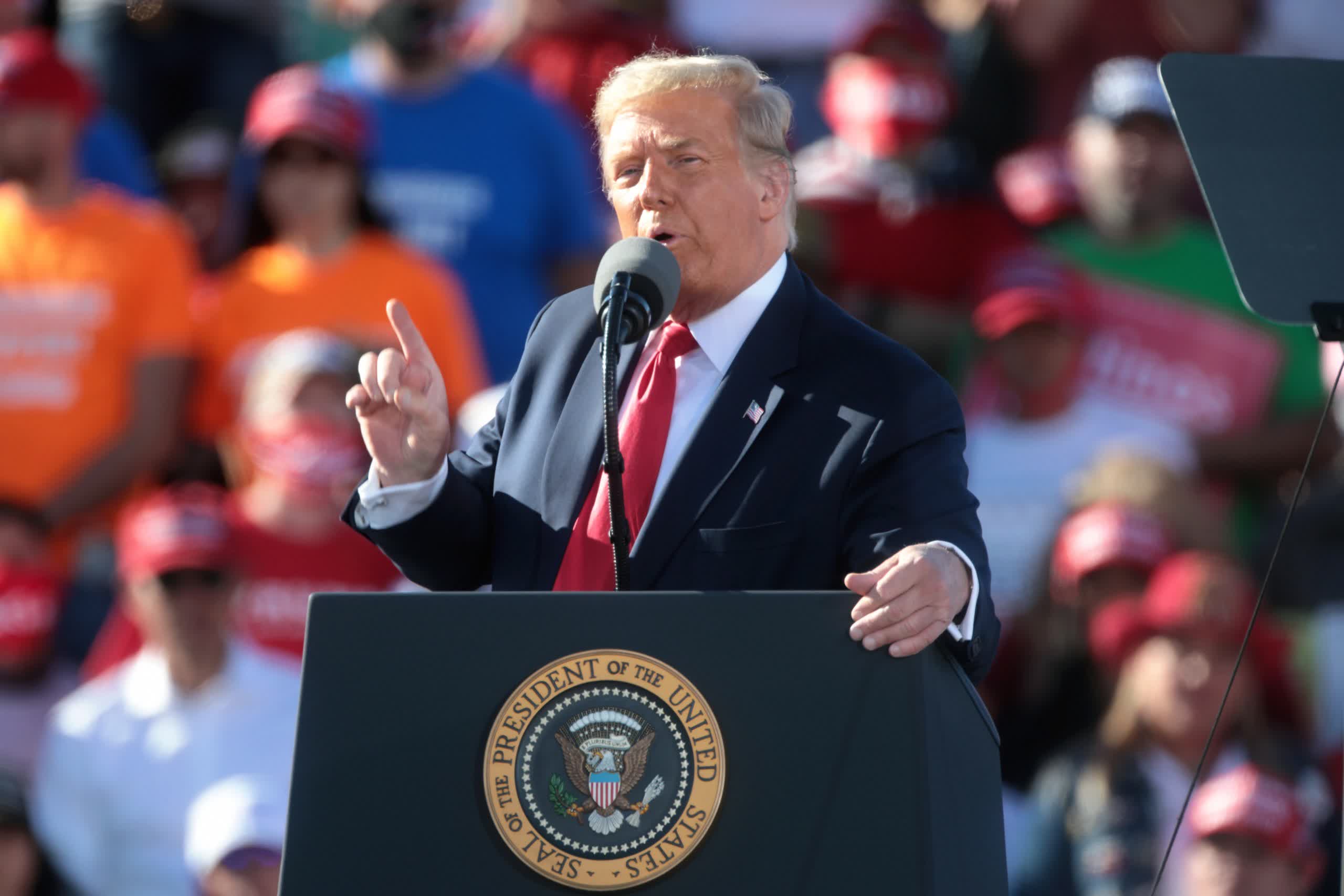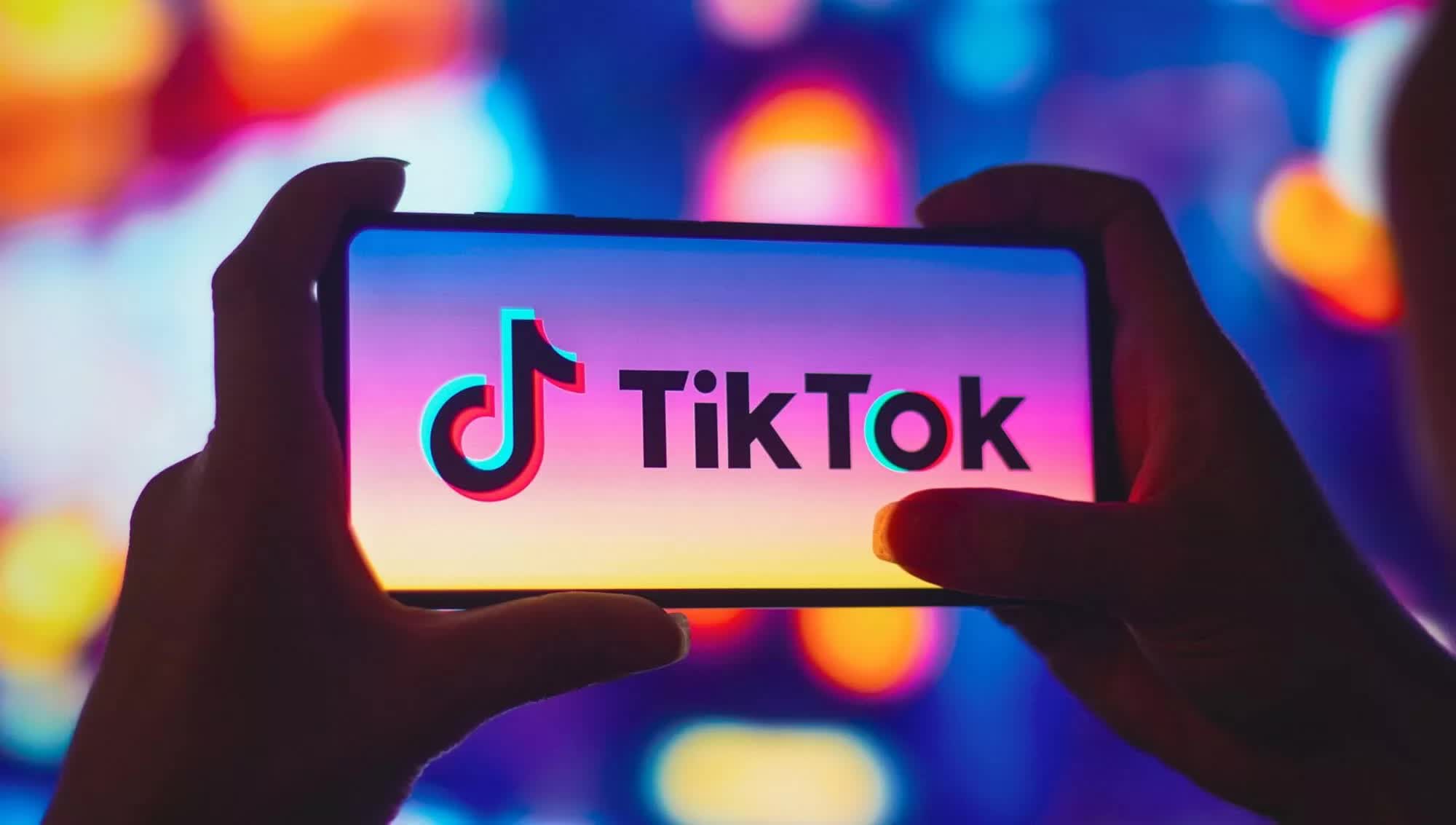Summary: Chinese-owned TikTok faced the risk of a US ban on April 5 unless it could transfer its American operations to a buyer based in the US. The Trump administration had reportedly been on the verge of finalizing a deal with several investors, but negotiations fell apart when Beijing pulled back due to newly imposed US tariffs, prompting an extension of the deadline by the White House.
Recently, President Trump signed an executive order that prolongs TikTok’s US ban for a few more months while discussions continue on selling the Chinese-owned platform to American investors. He claimed that the negotiations had reached “tremendous progress,” yet his recent broad “Liberation Day” tariffs are believed to have led the Chinese government to halt the deal.
According to sources cited by the AP and Reuters, TikTok’s parent company ByteDance and the White House were close to finalizing an investment agreement with several US firms that would allow ByteDance to retain a 20 percent stake. The names of the American buyers have not been disclosed, but past reports indicate involvement from private equity firm Blackstone, tech giant Oracle, Amazon, app platform AppLovin, OnlyFans founder Tim Stokely, and others.
On April 2, Trump implemented unprecedented tariffs on a range of countries. This extensive list, which experts have described as a “nuclear bomb” impacting international trade, includes new tariffs on imported goods from China, raising total tariffs against China to 54 percent. In light of this, Beijing informed ByteDance that it would not approve TikTok’s sale until tariffs could be re-negotiated.

Last year, Congress enacted a law banning TikTok in the US due to national security concerns. However, President Trump, marking a shift from his initial term’s stance, extended the deadline shortly after his inauguration to provide time for a potential sale.
Concerns persist that the platform may compromise the personal data of its over 170 million American users, potentially placing them at risk of Chinese influence. Despite this, public support for a ban has dwindled significantly in the past two years.
Trade organizations anticipate that the new US tariffs will disturb the global economy, upending decades of established trade practices. Almost all consumer products bought by Americans, including electronics, could face drastic price increases.
As markets lost trillions of dollars in recent days, marking the worst downturn since the pandemic, tech firms like AMD, Dell, and HP saw declines nearing 10 percent. Although semiconductors are currently exempt, upcoming tariffs may also target them.



